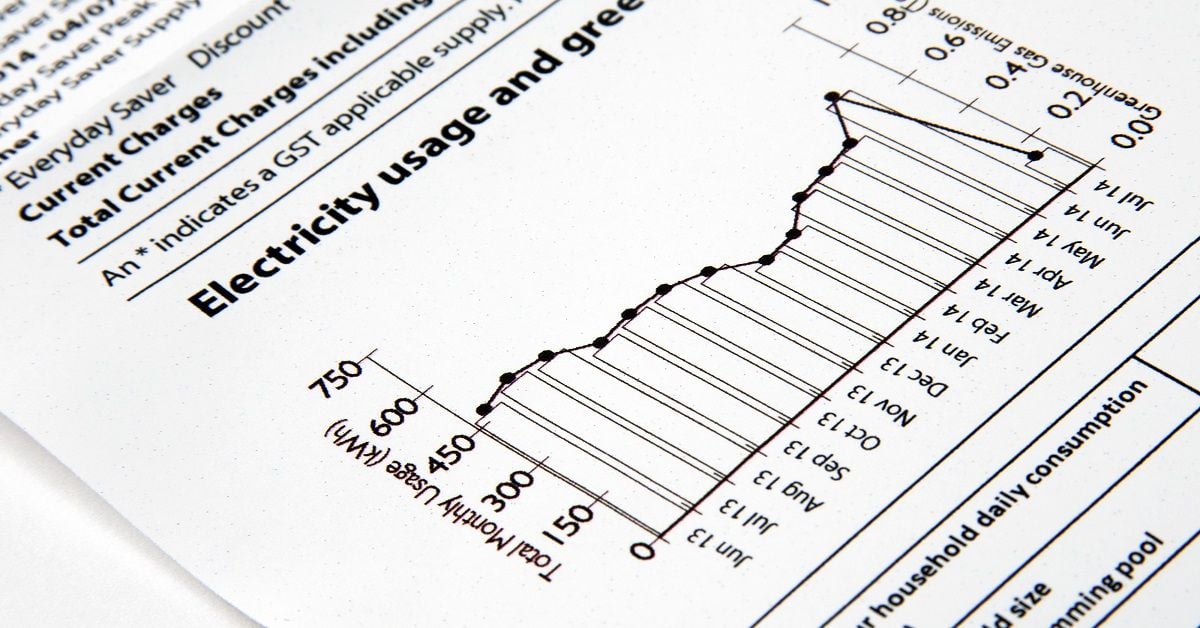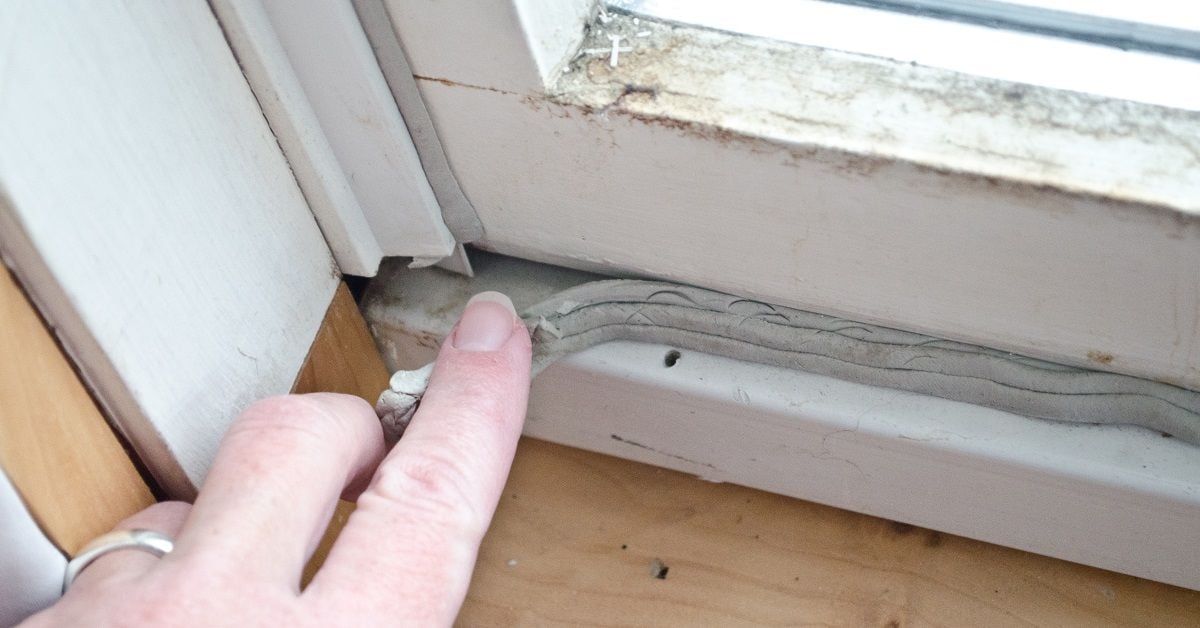
Understanding Your Energy Bill
As everyone tries to save money in this uncertain time, it is a good idea to take a long, hard look at your monthly expenses and find ways you can cut costs. Until now, you might have looked at the total amount on your monthly energy bill and nothing else. However, by understanding what the bill statement actually says, you may be able to identify ways you can save.
REenergizeCO is always here to answer your energy questions. If you are wondering how you can save on your energy bill, please don’t hesitate to contact us if you live in Denver, Fort Collins, or another community in the Front Range.
1. Know Your Electric Utility
Much of the Front Range is served by Xcel Energy, but it is not the only utility providing power to customers. Depending on your location, you may instead receive your electric bill from:
- United Power
- Fort Collins Utilities
- Poudre Valley Rural Electric
- Loveland Water & Power
- Longmont Electric
- Other municipal utilities
The overall look of the bill will vary depending on the utility. However, regardless of the electric company, you will be able to find some of the same information to help you understand what you spend on energy each month.
2. Electricity Charges
You may see the amount you are billed for electricity listed as one total sum, or there might be a separate section breaking down the charges. Electricity usage is billed according to kilowatt hours (kWh). The measurement is a function of energy consumption, not a measure of how much energy you use within an actual hour.
Rate schedules are determined by power companies according to a host of factors such as population density, energy consumption, infrastructural challenges, and more. Where you live also plays a significant role in the amount you pay on your electric bill. According to Choose Energy, the average electricity rate in Colorado as of January 2020 is 11.74 cents per kWh. However, you may see a different rate listed on your bill.
In addition to the amount you owe and your overall energy consumption in kilowatt hours for the given month, you might see some other terms on your bill:
- Service & Facility: A surcharge that helps the utility cover the costs of providing power to customers
- Trans Cost Adj: An abbreviation for transmission cost adjustment; refers to adjustments made in billing to cover changes in cost of power delivery not already accounted for in the rate schedule
- Elec Commodity Adj: An abbreviation for electric commodity adjustment; refers to charges passed to consumers on the resources the utility has to purchase in order to provide service
- Demand Side Mgmt: A charge that recoups costs for demand-side management programs designed to educate or encourage customers to reduce the amount of energy they use
- Purch Cap Cost Adj: An abbreviation for purchased capacity cost adjustment; refers to charges for energy the utility buys from other providers
- CACJA: An abbreviation for the Clean Air-Clean Jobs Act, a bill passed in Colorado to reduce emissions; its inclusion on your energy bill is passed to you by the utility company in order to implement changes according to the terms of this legislation
- GRSA: An abbreviation for general rate schedule adjustment; refers to adjustments in rate schedules that may be credited to your bill or included as a charge
- Franchise Fee: A surcharge covering the costs of franchising the power infrastructure of communities within the service area
It may be frustrating to learn that most of these mysterious abbreviations refer to charges outside of your control and passed to consumers by the electric company to pay for operations. However, now that you know the “hidden costs” in your energy bill, you can start to take steps to reduce your actual usage and rein in the part of the bill you can control.
3. Your Monthly Electrical Usage
Many electric bills include charts and graphs that break down your energy usage month over month or year over year. These sections can help you spot overall trends. For example, if you have air conditioning, your electric bill will likely spike in the summer months while being lower when the temperatures are more moderate. Your bill may even include temperature data to help you understand changes in usage.
As you analyze your energy consumption, it pays to think even more critically about what causes your bill to rise at certain times of year. Say you routinely see an increase in fall, before it becomes cold enough to run the heat consistently. This may reflect an issue with your home insulation that causes cold air to get into the house or warm air to escape.
In addition, some appliances consume more energy than others. On a small scale: If you’re still incandescent bulbs in light fixtures and lamps, you’re using significantly more energy than you would with CFL or LED lighting. On a larger scale: Older refrigerators, dishwashers, washers and dryers, and other appliances were not developed with energy efficiency top of mind.
Once you identify the appliances that use a significant amount of energy, modifying your use or replacing them with newer, more energy-efficient models should have a positive effect on your electric bill.
What Solar Power Does for Your Energy Bill
Whether you are looking to save on home utilities or reduce your carbon footprint, solar power provides a host of benefits. One of the key advantages is energy savings, paired with the fact that you may be reimbursed by the utility for surplus energy you provide back to the power grid. In fact, it is possible for solar panels to make your home energy completely self-sustaining, with no need to rely on the electrical company.
It is important, however, to make an informed decision. You need to consider your energy needs and consumption, the suitability of your home, and your budget for installation of the solar panels and the electricity system.
At REenergizeCO, we recognize that solar power and other energy-efficient home improvements are a big choice. That’s why we offer transparent upfront pricing on our website. And, because we know that many homeowners may be unable to invest in these services right now, we make it our mission to educate and provide guidance, not hard-sell.
Contact REenergizeCO with Questions About Your Energy Bill
If you decide to use your time at home to review your bills and make changes to save money, know that REenergizeCO is here to help with any questions you may have. We proudly serve homeowners in Denver, Fort Collins, and throughout the Front Range of Colorado.
Read and watch our reviews to see what customers have to say about REenergizeCO.
If you want to learn how we can help with your home energy needs, our team looks forward to speaking with you!
"*" indicates required fields


